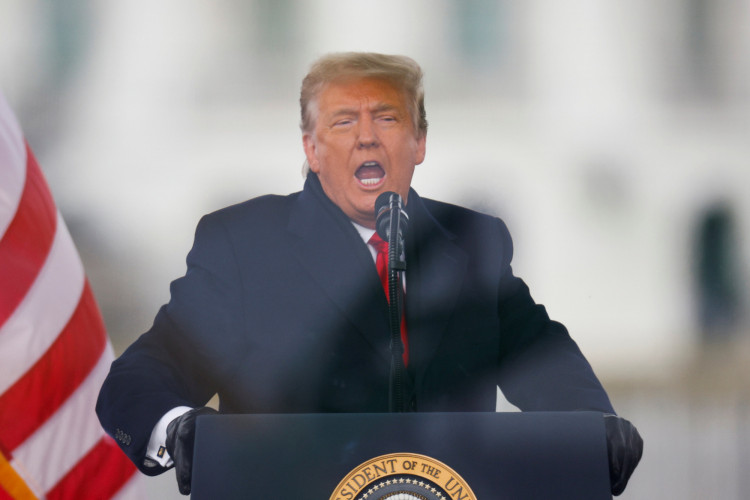Federal prosecutors in former President Donald Trump's classified documents case in Florida have sharply criticized U.S. District Judge Aileen Cannon's handling of the proceedings, calling her recent order for proposed jury instructions "fundamentally flawed" and threatening to seek an appeals court review if she accepts Trump's arguments about his record-retention powers.
In an unusual move last month, Judge Cannon asked both the prosecution and defense to submit briefs on potential jury instructions defining terms of the Espionage Act, under which Trump is charged with mishandling 32 classified records. The judge's request appeared to embrace Trump's claim that he had broad authority under the Presidential Records Act (PRA) to take classified government documents and characterize them as personal.
Special counsel Jack Smith's team strongly objected to Cannon's order, arguing in a filing late Tuesday that the PRA has no bearing on whether a former president is authorized to possess highly classified documents under the Espionage Act. They said the judge's request rests on a "fundamentally flawed legal premise" that has "no basis in law or fact."
"Both scenarios rest on an unstated and fundamentally flawed legal premise - namely, that the Presidential Records Act and in particular its distinction between 'personal' and 'Presidential' records, determines whether a former President is 'authorized,' under the Espionage Act, to possess highly classified documents and store them in an unsecure facility," the special counsel's team wrote. "If allowed to be presented to a jury, that premise would distort the trial."
Prosecutors also took issue with Trump's claim that he had designated the classified records as personal, calling it "pure fiction" that was "invented" only after the National Archives retrieved boxes containing classified information from Mar-a-Lago, Trump's Palm Beach estate, two years after he left office. They said none of the witnesses interviewed during the investigation supported Trump's argument.
"Not a single one had heard Trump say that he was designating records as personal or that, at the time he caused the transfer of boxes to Mar-a-Lago, he believed that his removal of records amounted to designating them as personal under the PRA," prosecutors wrote.
The filing reflects the growing frustration among prosecutors over Judge Cannon's handling of the case. The Trump-appointed judge has yet to rule on multiple defense motions to dismiss the case, and the trial date remains uncertain, raising concerns that the prosecution, which Smith's team has said features overwhelming evidence, could remain unresolved by the time of the November presidential election.
In their own proposed jury instructions filed Tuesday evening, Trump's defense attorneys suggested that Cannon tell trial jurors that Trump was "authorized" by the PRA to "possess a category of documents defined as 'personal records,' both during and after his term in office." They also challenged Smith's ability to prove that Trump kept the documents "knowingly," arguing that "medical science has not yet devised an instrument which can record what was in one's mind in the distant past."
The clash over jury instructions is the latest development in a case that has been marked by legal wrangling and delays. Trump, the presumptive Republican nominee for the 2024 presidential election, faces dozens of felony counts related to the mishandling of classified documents, including allegations that he improperly shared a Pentagon "plan of attack" and a classified map related to a military operation.






